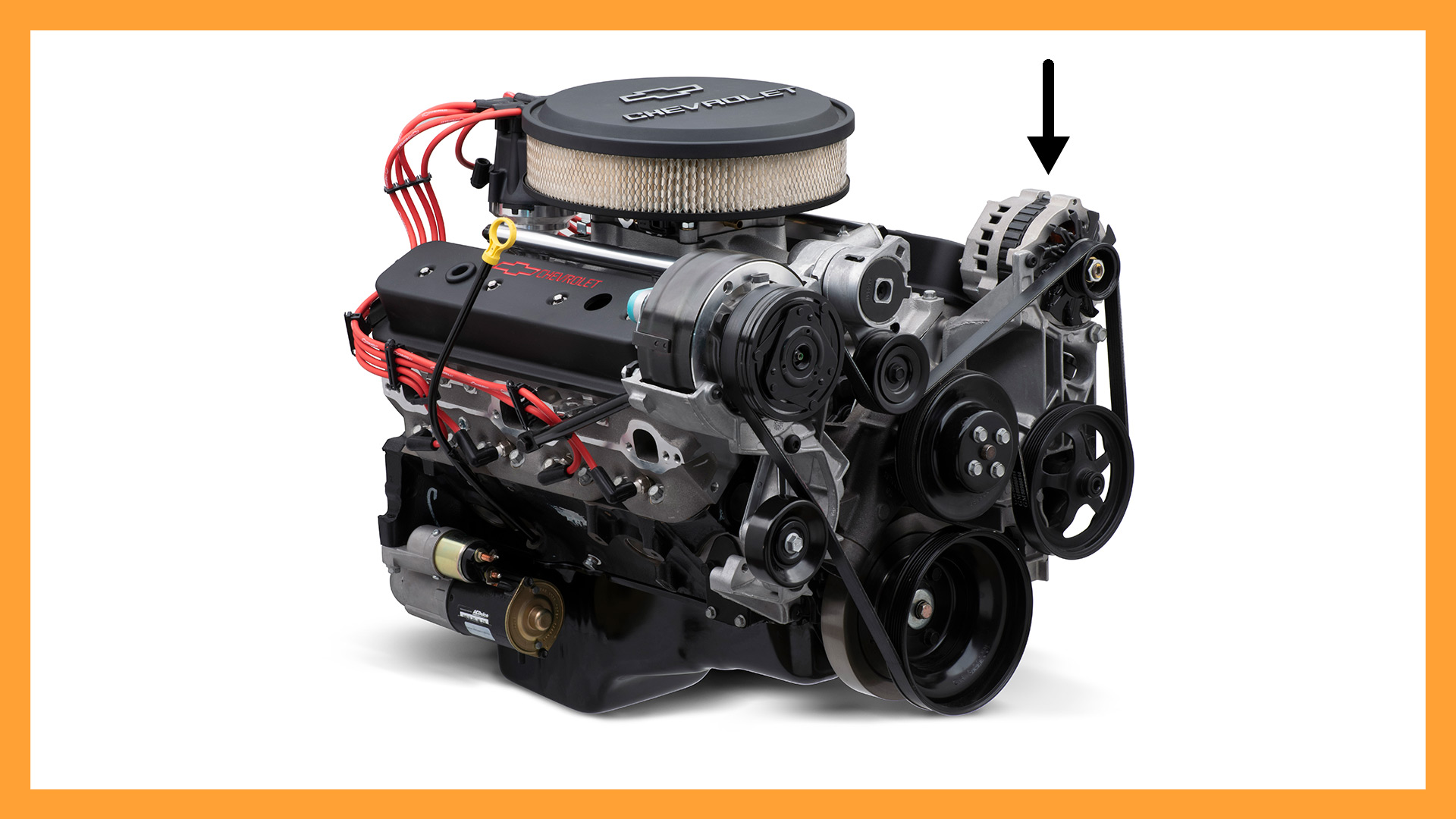

We may earn revenue from the products available on this page and participate in affiliate programs. Learn more ›
Owning a car might be the biggest, and worst, waiting game on the planet. Every single day that you step into the driver’s seat and wonder, “What might go wrong?” We’re not just talking rust buckets, either. Even new vehicles are plagued by millions of issues. New car or old, one of the most common problem areas is the car’s charging system, particularly the alternator.
Alternator problems can be frustrating to diagnose due to their close relationship with the car’s 12-volt battery. Although equally important, the alternator is responsible for keeping the battery in proper working condition, and malfunctions from either can create havoc for the other. Today we’re going to explore common alternator faults and how long you can expect alternators to last.
To better understand alternators The Drive’s charged-up editors have broken down everything you need to know into easily digestible bits. Let’s begin.
What Is an Alternator and What Does It Do?
The alternator is the part in your car’s charging system that is responsible for keeping your car’s battery charged. The alternator is essentially a generator that turns mechanical energy into electrical energy that goes on to power things in your vehicle.
How Does an Alternator Work?
The engine’s crankshaft turns the serpentine belt, which turns a pulley on the alternator. The alternator then uses electromagnetic induction (magnets spinning inside a ring of copper wiring) to produce alternating current (AC) voltage. The AC voltage then goes through diodes and becomes direct current (DC) voltage that is passed through a voltage regulator (if it has one), then to the battery. The voltage regulator makes sure the voltage stays in a range that will not overheat and destroy the battery.

Where Is the Alternator Located?
The alternator is typically located at the front of the engine. If you follow the serpentine belt, you’ll find it. It’s the thing with all the slots on it.
Signs of a Failing Alternator
You might notice these symptoms if your alternator begins to fail.
- Battery warning light comes on
- Metallic whirring, grinding, or whining sounds
- Dim or inconsistent headlights
- Dim or flickering interior lights
- Accessories turn off while driving or won’t turn on
- Car stalls
- Car won’t start
How Long Do Alternators Last?
Numerous factors work with and against alternators, so it’s tough to pinpoint an exact lifespan of an alternator. However, we can say with near certainty that an alternator will not last for the average life of a vehicle. In general, you can expect alternators to last about 6-10 years, or about 80,000-150,000 miles.
How To Test Your Alternator
First, you’ll want to test your battery, then inspect the serpentine belt, inspect the alternator pulley, and inspect the serpentine belt tensioner. If all of those are clear, then check the alternator by testing the battery voltage using a multimeter. With the engine running, it should read out to between 13.5 to 15 volts. Make sure it stays in this range even during engine revving.
How To Replace Your Alternator
Replacing an alternator is a fairly straightforward process if you have the right tools and access to a service manual. Read more in our post, How To Replace a Bad Alternator.

FAQs About Alternators
You’ve got questions, The Drive has answers!
A: The alternator might go bad due to time and wear, a loose serpentine belt, an overtightened serpentine belt, parts contaminated with dirt and/or grime, worn brushes, failed bearings, eroded components, or poor connections.
A: If an alternator fails, it likely was already going bad before you noticed any symptoms. An alternator can certainly fail unexpectedly, however. I would know. It happened to my dad while he was driving our 1989 Explorer conversion van.
A: It’s possible. If the alternator and/or its voltage regulator is failing, the alternator could send too much voltage and fry the battery.
A: It might, but that doesn’t mean you should drive around with a bad alternator. Address the issue before heading out.
Let’s Talk, Comment Below To Talk With The Drive’s Editors!
We’re here to be expert guides in everything How-To related. Use us, compliment us, yell at us. Comment below and let’s talk! You can also shout at us on Twitter or Instagram, here are our profiles.
Jonathon Klein: Twitter (@jonathon.klein), Instagram (@jonathon_klein)
Tony Markovich: Twitter (@T_Marko), Instagram (@t_marko)
Chris Teague: Twitter (@TeagueDrives), Instagram (@TeagueDrives)
Video

Featured Products
Battery Tender Junior 12V Charger and Maintainer
Klein Tools Digital Auto-Ranging Multimeter
Innova Auto-Ranging Digital Multimeter
Dewalt Mechanics Tools Kit and Socket Set, 108-Piece
Got a question? Got a pro tip? Send us a note: guidesandgear@thedrive.com